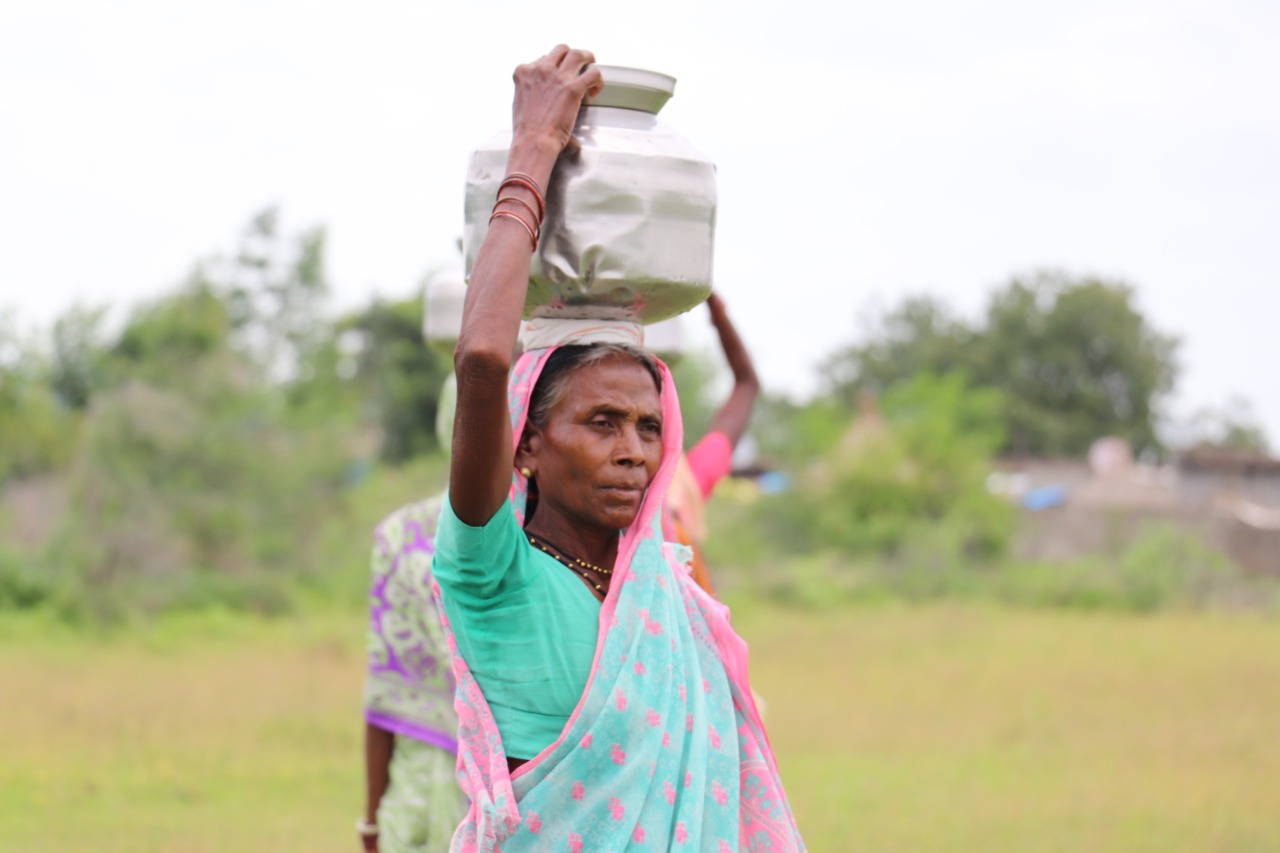- home

- Publication & Resources

- Blog
- Covid-19 and Domestic Violence: The sorry state of Fatima

Covid-19 and Domestic Violence: The sorry state of Fatima
Violence against women in India is an issue rooted in societal norms and economic dependence. This affects the physical and psychological well being of the women. Although female participation in public life is increasing and laws have been amended, India still has a long way to go to make women equal citizens.
The situation of women is quite severe in terms of the violence they experience in the marital home. Women are subject to frequent and multiple forms of violence in their lifetime. The main cause of this is the patriarchal mindset of the people. In India, men have always considered themselves to be the superior sex and have always tried to overpower women. Generally, women do not raise their voices against men because they have been conditioned to believe that they are the inferior sex.
This is precisely the situation of Fatima (name changed) living in Katghora, Korba district of Chhattisgarh. Fatima stayed behind at her home while her husband Rizwan (name changed) migrated to Bilaspur, Chhattisgarh to work as a Rickshaw puller. Back home, she worked as a daily wage labourer and earned a meagre amount to support her family.
The COVID-19 pandemic added to her woes and unleashed a volley of troubles on her. After the lockdown was imposed in the month of March, 2020, his livelihood came to a halt and he was forced to return home.
Stress, loss of income, isolation and fear only exacerbated the problems of Fatima. Her husband took out all his frustration and anger on her and subjected her to physical violence, repeatedly. This also seems to be an outcome of his fragile patriarchal ego and he couldn’t accept his wife continuing to earn while he was jobless. Also, every time Fatima would ask her husband to help around at home, he would get incited and inflicted violence upon her, because for him domestic duties were a woman’s job.
As Fatima became the primary earner of the family, her adaptation to this situation resulted in new found self-confidence. However, her constant abuse and the children during lockdown proved impossible for her deal with. Fatima and her husband were counselled by the staff and volunteers of CASA on the ill-effects of this atrocity through awareness campaigns and workshops that were held in their village. Our Covid-19 response strategies have aided several such individuals like Fatima who have faced gender-based discrimination, especially during the lockdown. CASA shall continue to strive and safeguard more communities that have faced abuse due to their circumstances.
 Previous Blog Post Hope to survival amidst COVID-19
Previous Blog Post Hope to survival amidst COVID-19 FAR FROM HOME, NEAR TO STARVATION
FAR FROM HOME, NEAR TO STARVATIONFeatured Post

International Women’s Day -2021
8 Mar 2021
International Women’s Day -2021 is very special for CASA. It’s a delight to announce, CASA with the support of the Church of Sweden has launched an exclusive Gender Desk to emphasise the importance of Gender Justice work. CASA has been working for Gender Justice all throughout and across our constituencies in all these years. Gender Desk comes to add vigour […]

Overcoming Gender and Poverty Barriers
Poverty has been an inevitable problem in India since the beginning of time. The increasing problems of poverty caused by overpopulation and the unequal distribution of wealth among the people have led to a huge impact on the life of millions in the rural as well as the urban area. A person has to acquire […]

Impact of Climate Change on Women
16 Jan 2021
Climate change is a prevailing problem globally whose hazardous repercussions extend beyond the environment. Shrinking glaciers, extinction of plants and animal species, mutation, rise in the Earth’s average temperature and triggered seasonal fluctuations, are some of the impacts of climate change that have already grabbed the headline. Certain early predictions pertaining to climate changes had […]



